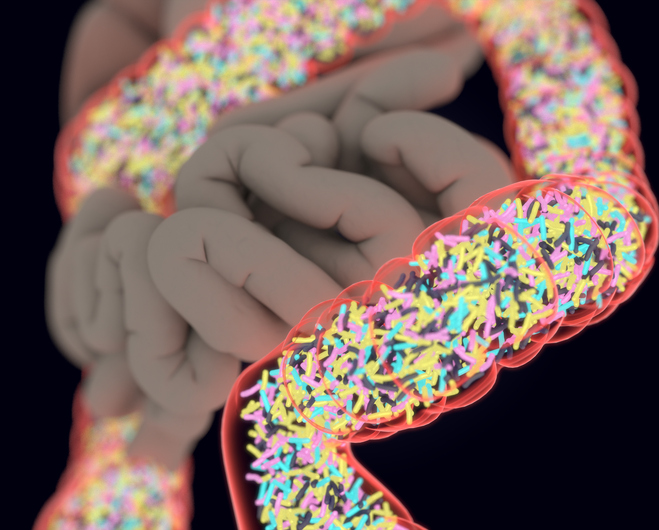Fiber, also known as roughage or bulk, is a type of carbohydrate that is found in plant-based foods. Unlike other types of carbohydrates, fiber cannot be broken down and absorbed by the body. Instead, it passes through the digestive system mostly intact, providing a number of health benefits along the way.
Fiber can be classified into two main categories: soluble and insoluble. Soluble fiber dissolves in water and forms a gel-like substance in the gut. This type of fiber can help to lower cholesterol levels and regulate blood sugar levels. Insoluble fiber does not dissolve in water and helps to promote regular bowel movements and prevent constipation.
Fiber-rich foods include:
• Whole grains such as oats, barley, quinoa, and brown rice
• Legumes such as lentils, beans, and peas
• Fruits such as berries, pears, and apples (with the skin
on)
• Vegetables such as broccoli, Brussels sprouts, and kale
• Nuts and seeds such as almonds, flaxseed, and chia seeds
• Root vegetables like sweet potatoes and carrots
Eating fiber-rich foods can have a positive effect on the gut. Fiber is important for maintaining a healthy digestive system because it helps to keep the stool soft and bulky, which promotes regular bowel movements and can prevent constipation. It also helps to keep the colon healthy by promoting the growth of good bacteria and preventing the growth of harmful bacteria. Additionally, fiber can help to lower cholesterol levels, regulate blood sugar levels, and promote satiety (feeling of fullness), which can help with weight management. Overall, a diet high in fiber can help to promote overall gut health.
The gut is home to a diverse community of microorganisms,
including bacteria, viruses, and fungi. The majority of these microorganisms
are beneficial and play important roles in maintaining a healthy gut. These
beneficial microorganisms are commonly referred to as "good bacteria"
or probiotics. Good bacteria in the gut can help to:
• Maintain a healthy balance of microorganisms in the gut.
• Support the immune system by helping to prevent harmful
bacteria from colonizing the gut.
• Aid in the digestion and absorption of nutrients.
• Produce vitamins, such as vitamin K and some of the B
vitamins.
• Help to regulate the movement of food through the gut and
prevent constipation.
• Reduce inflammation in the gut and throughout the body.
Probiotics are live microorganisms that are similar to
beneficial microorganisms found in the human gut. They are available in
supplement form or can be found naturally in fermented foods such as yogurt,
kefir, sauerkraut, kimchi, and pickles. Eating a diet that is high in fiber and
fermented foods, and low in processed foods and added sugars can help to
promote the growth of good bacteria in the gut. Additionally, maintaining good
hygiene practices, such as washing your hands regularly, can also help to
protect the good bacteria in the gut.





0 Comments:
Post a Comment